Your cart is currently empty!

Beyond Bohm 2: Closing Session
- This event has passed.
August 29, 2021 @ 6:00 pm – 8:00 pm CEST
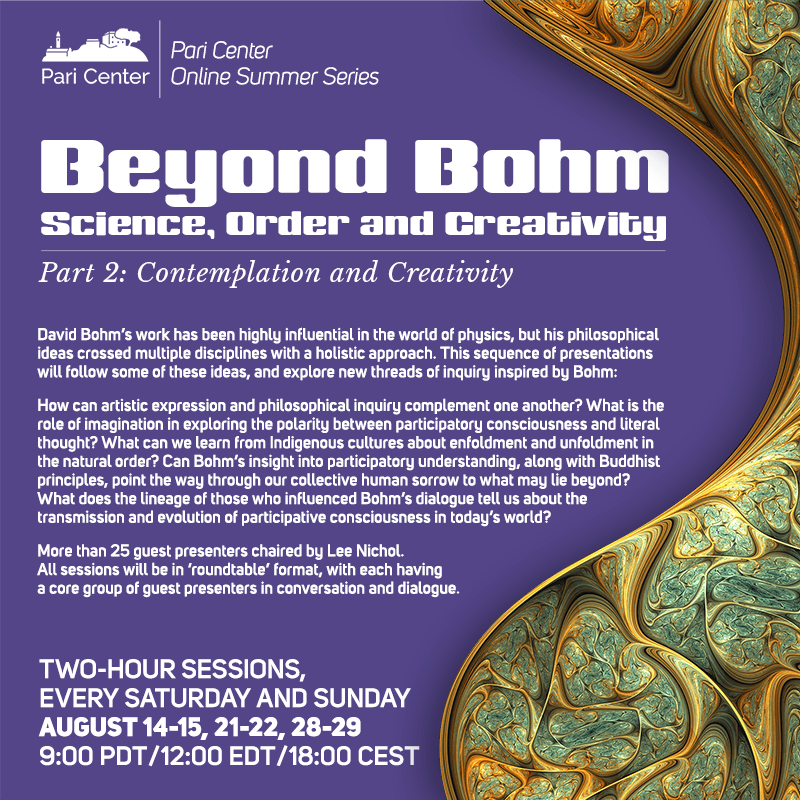
Beyond Bohm 2: Closing Session
with Leroy Little Bear, Beth Macy, Melissa Nelson, Lee Nichol, Hester Reeve and David Schrum
Sunday August 29, 2021
9:00 PDT | 12:00 EDT | 17:00 BST | 18:00 CEST
2-hour session
If you are unable to attend the live session, the recording will be available.
It may be “auspicious coincidence” – or otherwise – but the first five of the sessions in Beyond Bohm 2 are in one way or another related to participatory consciousness. This overlap occurred without any intention on the part of the individuals who put together each of the sessions. It is likely then, that this topic will figure into our final summary session, though any of the topics addressed in the preceding weeks may come to the fore – especially in the extended discussion and Q &A with those attending this final segment of Beyond Bohm. And in the spirit of dialogue, something completely new may emerge, unforeseen by any plan or agenda.
Please join us as we gather and look toward the future of Bohm-inspired inquiries and explorations, with an eye toward genuine transformations in consciousness.
To see the Full Beyond Bohm Series

Leroy Little Bear, PhD. Blackfoot Native—Professor Emeritus University of Lethbridge, Canada.
Leroy Little Bear was born and raised on the Blood Indian Reserve (Kainai First Nation), approximately 70 km west of Lethbridge, Alberta. One of the first Native students to complete a program of study at the University of Lethbridge, Little Bear graduated with a Bachelor of Arts Degree in 1971. He continued his education at the College of Law, University of Utah, in Salt Lake City, completing a Juris Doctor Degree in 1975.
Following his graduation, Little Bear returned to his alma mater as a founding member of Canada’s first Native American Studies Department. He remained at the University of Lethbridge as a researcher, faculty member and department chair until his official retirement in 1997.
In recent years Little Bear has continued his influential work as an advocate for First Nations education. From January 1998 to June 1999 he served as Director of the Harvard University Native American Program. Upon his return to Canada, he was instrumental in the creation of a Bachelor of Management in First Nations Governance at the University of Lethbridge—the only program of its kind in the country.
In the spring of 2003, Little Bear was awarded the prestigious National Aboriginal Achievement Award for Education, the highest honour bestowed by Canada’s First Nations community. Little Bear is the recipient of honorary doctorates from the University of Lethbridge and the University of Northern British Columbia. Along with his wife, Amethyst First Rider, Little Bear brought about the historic Buffalo Treaty between First Nations on both sides of the USA-Canada border in 2014. Little Bear was inducted into the Alberta Order Excellence and the Order of Canada in 2016 and 2019 respectively.
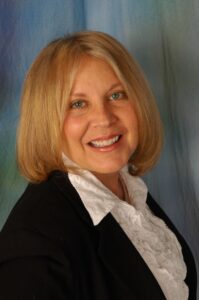
Beth Macy, PhD, organizational consultant, Bohmian dialogue practitioner
The common thread weaving through Beth’s career has been change, having been a manager, leader, consultant or participant in organizations experiencing difficult issues: organizations from small to large, private to public, non-profit to profit, health care to oil and gas, local to global. David Bohm’s dialogue has been core to her research, writing, consulting and teaching for nearly three decades. Living in the USA (Texas) she is completing a book on the ideas and individuals who influenced Bohm’s methodology of dialogue.
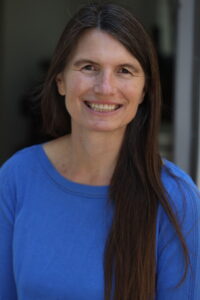
Melissa K. Nelson is an ecologist and Indigenous scholar-activist. She earned her Ph.D. in ecology at the University of California, Davis. Formerly a professor of American Indian Studies at San Francisco State University, she now teaches at Arizona State University in the School of Sustainability, Global Futures Laboratory. From 1993 to 2021, she served as the founding executive director and CEO of the Cultural Conservancy. She now serves as their president emerita. Melissa is the Bundle Holder for the Native American Academy. She is a contributor and co-editor of Traditional Ecological Knowledge: Learning from Indigenous Practices for Environmental Sustainability published by Cambridge University Press in 2018. She is also a contributor and the editor of Original Instructions: Indigenous Teachings for a Sustainable Future (2008). She is Anishinaabe/Métis/Norwegian and a member of the Turtle Mountain Band of Chippewa Indians.
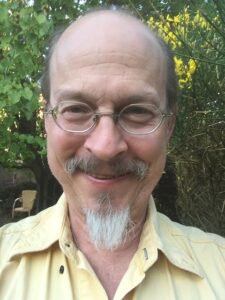
Lee Nichol, Bohm collaborator, editor, educator
Lee Nichol is the editor of David Bohm’s On Dialogue; On Creativity; and The Essential David Bohm. From 1980-1992 he collaborated with Bohm on various aspects of dialogue, consciousness, and education.
He has been on the faculty of the Arthur Morgan School in Celo, NC; of the Oak Grove School in Ojai, CA; of the Nyingma Institute in Berkeley, CA; and of Denver University in Denver, CO.
Lee is currently at work on a new book – Entering Bohm’s Holoflux – to be released in July 2021 by Pari Publishing.

Hester Reeve’s practice encompasses live art, philosophy, drawing, David Bohm’s ‘Dialogue’ and social sculpture.
She is interested in the relationship between critical thinking and human agency in everyday life, particularly when it is risked through the figure of ‘the artist’ (where what constitutes an artist is broadly conceived and not exclusive to art school training).
Recent public works have been staged at Tanzquartier, Vienna, Tate Britain (working under the umbrella of The Emily Davison Lodge with Olivia Plender) and the Yorkshire Sculpture Park.
Hester Reeve is Reader in Fine Art at Sheffield Hallam University.
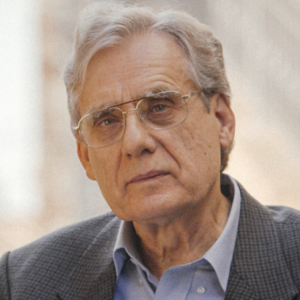
David Schrum received his PhD in quantum theory at Queen’s University, following which he spent two post-doctoral years with David Bohm at Birkbeck College. Here, he entered Bohm’s world of creative and subtle philosophical approaches to physics and his enquiry into consciousness and what may lie beyond.
David Schrum continues in these explorations, in physics developing a new approach to relativistic quantum theory and, through the dialogue process, going into what it is to bring to light that which lies enfolded within our individual and collective consciousness.
